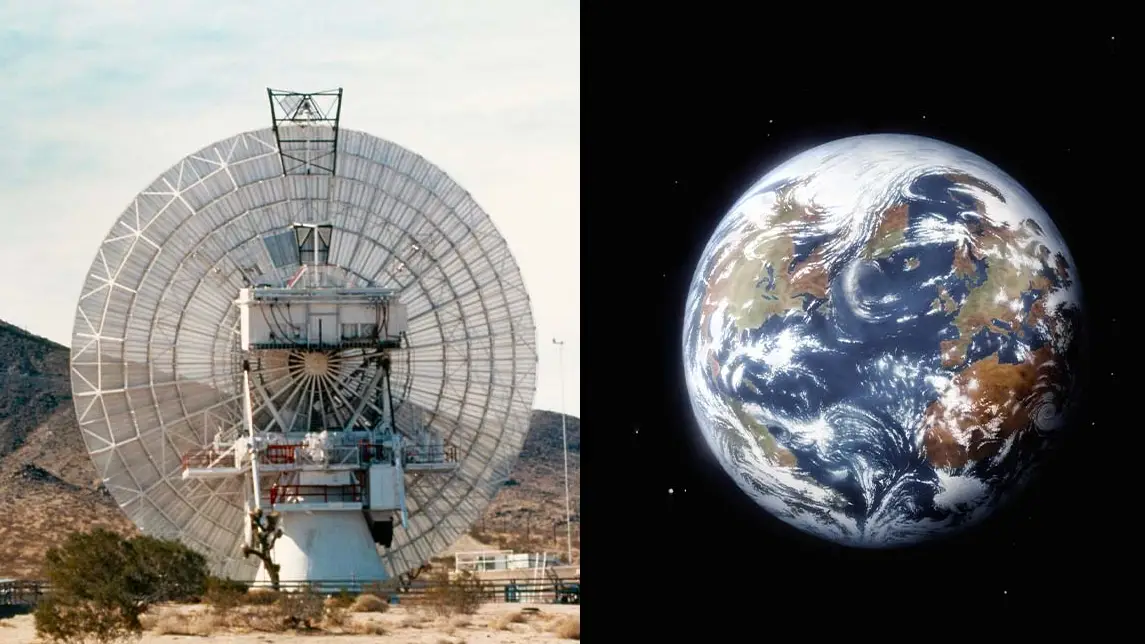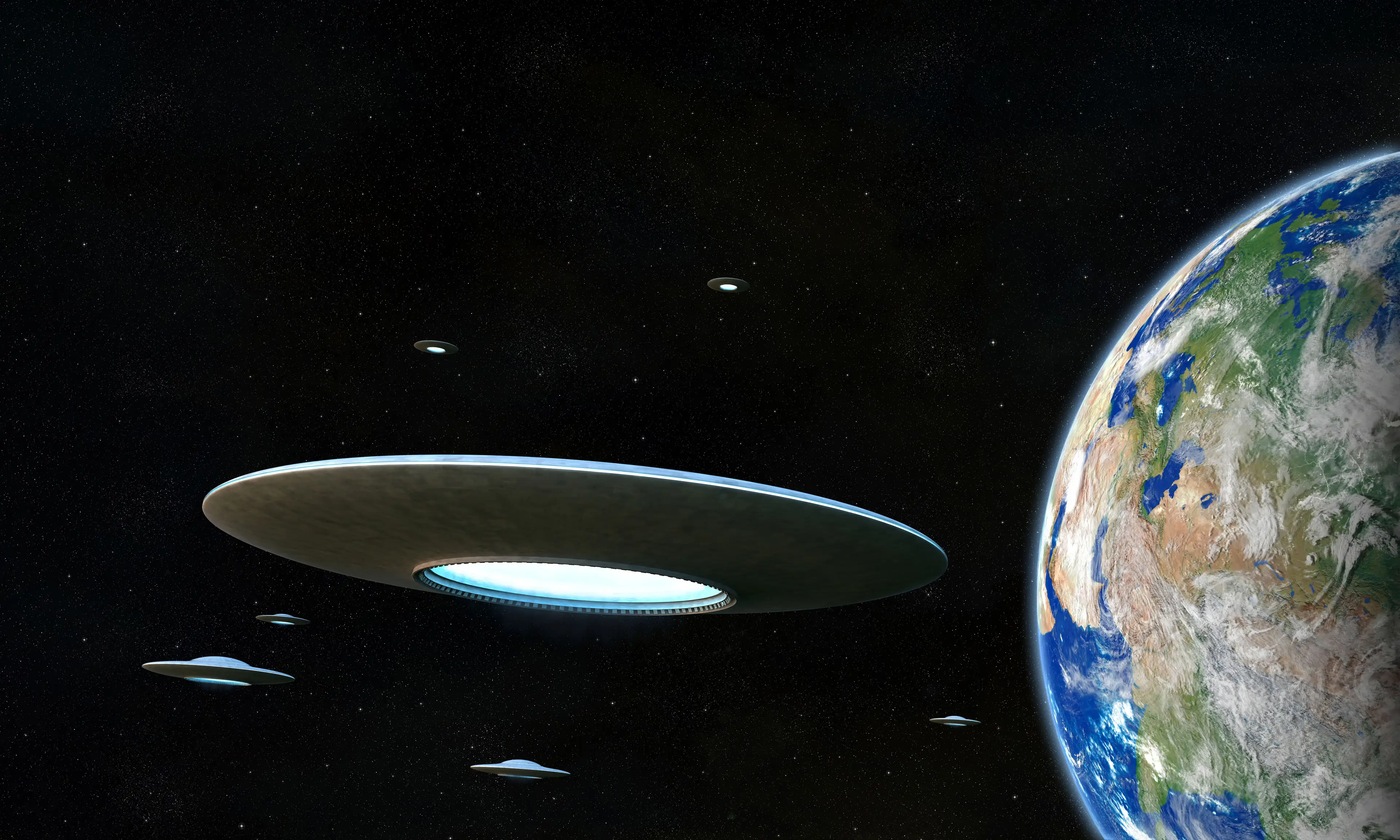
Scientists have warned that NASA’s plan to broadcast a message containing Earth’s location into outer space could attract unwelcome attention from aliens.
Researchers at the US space agency have greenlit a new broadcast message, dubbed ‘Beacon in the Galaxy’ containing information about the Earth to be beamed into outer space, specifically to a part of the Milky Way identified as the most likely location to contain extraterrestrial lifeforms.
It is an updated version of the Arecibo message, which sent similar information into space in 1974 using a radio telescope in Puerto Rico.
But whereas the Arecibo message contained only basic information about the Earth and humanity, improvements in technology mean that more detailed info can now be broadcast.
Advert

The proposed new message includes basic mathematical and physical concepts intended to establish a universal means of communication, followed by information about the Earth’s surface and the life forms that live here.
The message also includes the location of our solar system relative to other major clusters of stars, along with coordinates intended to help alien life forms find our planet and an invitation for extraterrestrial intelligences to respond.
It’s a bold move but not everyone is convinced by the plan, and Anders Sandberg, a senior research fellow at Oxford’s Future of Humanity Institute (FHI), has warned that sharing such information could be risky.
Speaking to The Telegraph, Sandberg said that even though the chances of the message reaching an alien civilization were low, the consequences of making contact 'has such a high impact that you actually need to take it rather seriously'.
Sandberg criticised the ‘giggle factor’ surrounding anything related to the search for extraterrestrial life, and claimed that 'many people just refuse to take anything related to it seriously, which is a shame because this is important stuff’.

Toby Ord, Dr Sandberg’s colleague at the FHI, also made similar arguments in his 2020 book The Precipice, in which he analysed existential risks pertaining to the future of humanity.
Dr. Ord’s main argument centres on the fact that we have no idea of knowing how many peaceful civilisations are out there compared to hostile ones.
"We have very little evidence about whether this is high or low, and there is no scientific consensus,” he said.
"Given the downside could be much bigger than the upside, this doesn’t sound to me like a good situation in which to take active steps toward contact.
"These dangers are small, but poorly understood and not yet well managed."

Scientists including Stephen Hawking have, in the past, warned that these messages could be risky.
In a documentary released in 2010, Professor Hawking pointed out that, on Earth, interactions between civilisations on different levels of technological advancement tend not to work out very well for the lesser-advanced group.
“We only have to look at ourselves to see how intelligent life might develop into something we wouldn’t want to meet,” Professor Hawking said, citing the arrival of Europeans in the Americas
